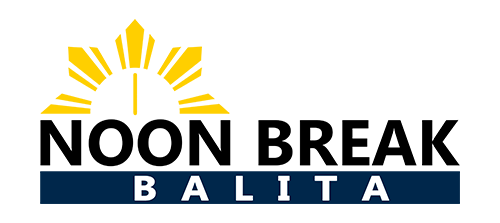By: VERONICA ANACAY HERNANDEZ
Social inclusion and sustainability are the two strategic thrusts of the SEARCA for its 10th Five-Year Plan (FYP), which the agency started implementing late last year.
The 10th FYP covers the fiscal years 2014/2015 to 2018/2019.
SEARCA Director Dr. Gil Saguiguit Jr. said the 10th FYP strongly takes into account the need to balance agricultural development with preserving the environment, to make farmers more resilient toward the challenges of climate change, to empower women, indigenous peoples and small farmers to the commercial food systems, and to strengthen value chains and agribusiness commodity systems.
“In this era where climate change is posing many challenges to farmers, there is an urgent need to empower the small farmers and their allied sectors like rural women and indigenous peoples. By empowering the small farmers and their allied sectors, they can be more resilient to climate change,” he added.
Under the social inclusion strategy, SEARCA will help foster an environment where growth and development will benefit the poor and vulnerable sectors, in terms of gainful employment, income, food/nutrition security, education, health, and general well-being.
Under the sustainability strategy, SEARCA will help promote growth and development without damaging the integrity and future usefulness of the physical and natural environment. However, sustainability should not be limited to the environment. Development interventions should be accompanied by capacity-building and empowerment, so that the local communities can sustain the growth process even after SEARCA and its partners shall have exited from an assisted institution or beneficiary community in a planned and orderly manner.
With its 10th FYP, SEARCA can be more active in undertaking Inclusive and Sustainable. Agricultural and Rural. Development (ISARD) action-learning projects on the ground, and address the multi-faceted problems of rural communities. Under this initiative, SEARCA teams will design intervention models toward ISARD, pilot-test them in selected agricultural/rural communities, harvest learnings from the experience, and up-scale or disseminate the ISARD model to their communities and countries in Southeast Asia.
The 10th FYP will also allow SEARCA to support Asean Economic Integration by making available its services and organizational resources (database, knowledge, expertise and network of alumni/experts and institutional partners) to assist the Association of Southeast Asian Nations, through the conduct of objective studies and consensus-generating dialogues/conference, toward the smooth economic integration of the region.
Dr. Saguiguit said the agency’s 10th FYP will put more focus on how SEARCA can respond to complex challenges in a changed and constantly changing environment that is characterized by increasing population and dwindling land resources, worsening water scarcity, global warming and unpredictable weather patterns, unpredictable food shortages and volatile food prices, fast-paced evolution of new knowledge, technology and information, declining interest for younger people to farm, and ASEAN integration.
“With the 10th FYP, SEARCA will also be able to identify more problems that will crop up during the implementation of the program, and to come up with the solutions to deal with them. When the 10th FYP ends by fiscal year 2018/2019, SEARCA would have identified more solutions to the problems or issues that will be unearthed during the implementation of the 10th FYP,” Dr. Saguiguit said.
“Compared to decades ago, farmers of today face more challenges of which climate change being one of the most difficult,” he added.






